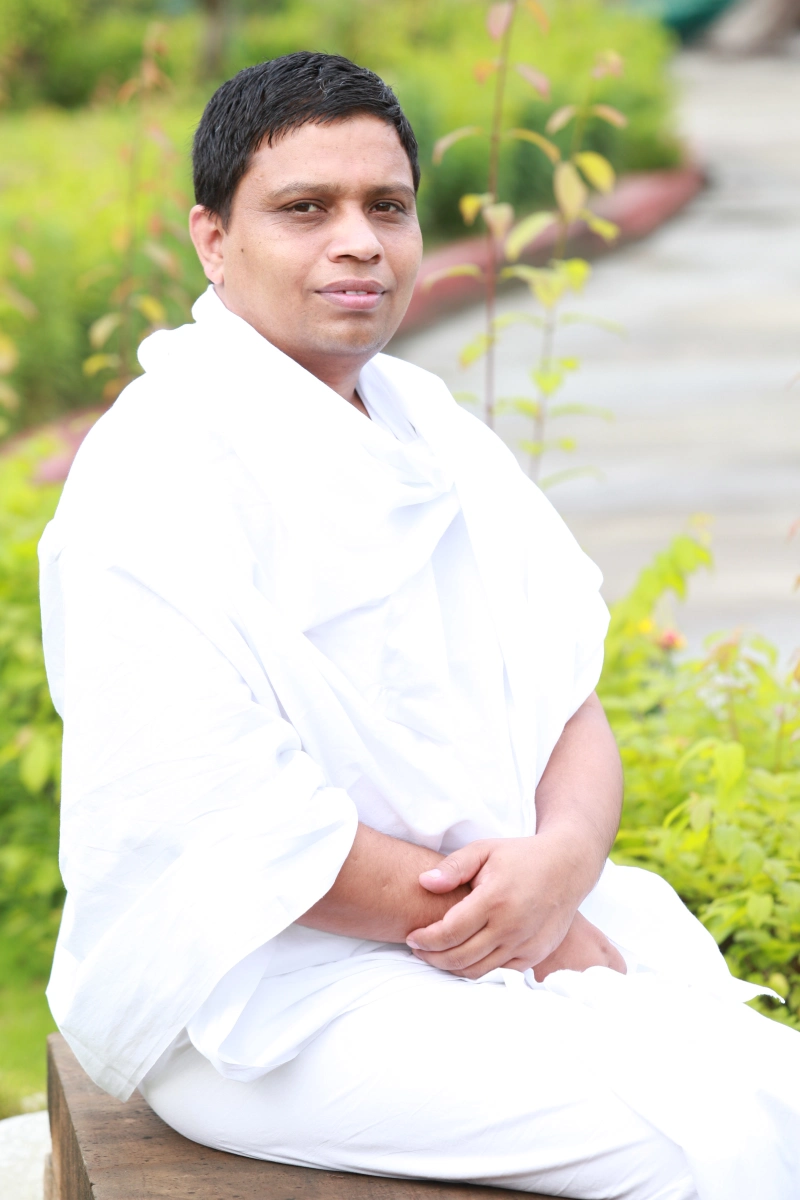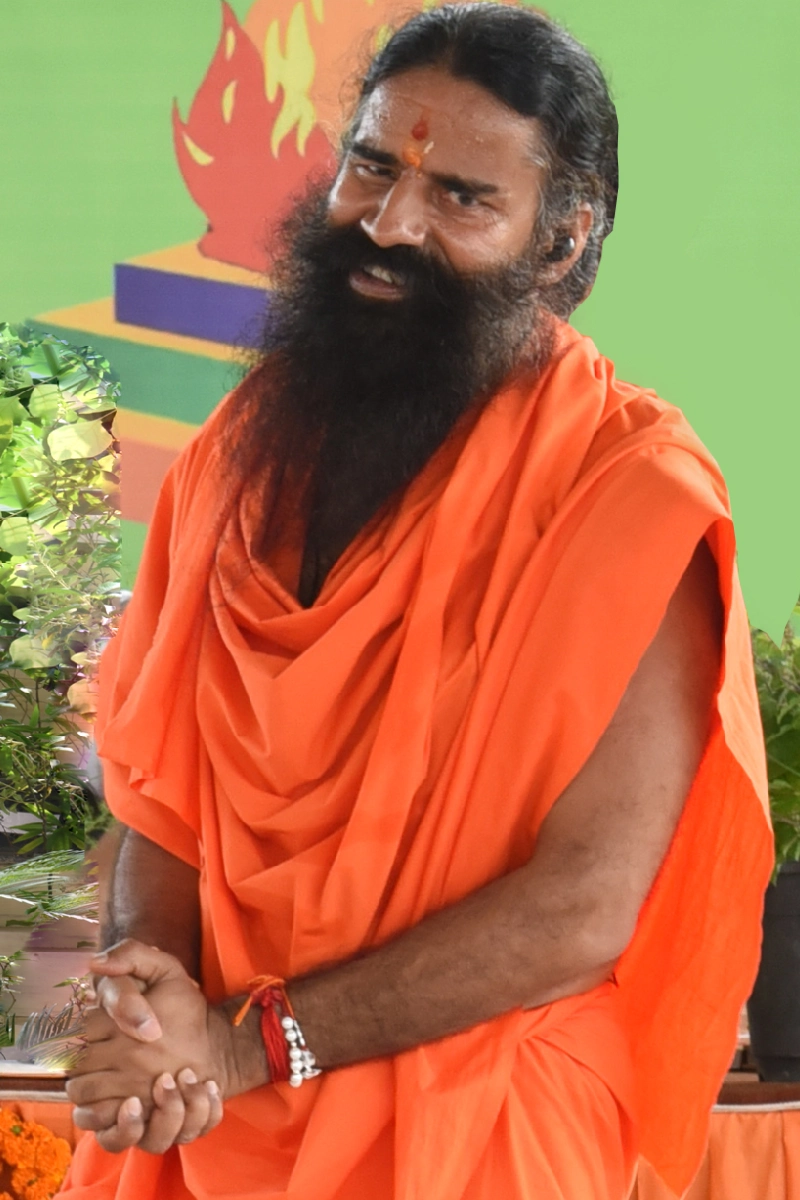Philosophy Towards Life
Dr. Acharya Balkrishna is a profound and original thinker, deeply rooted in the principles of karma and self-awareness. He believes that karma is the simplest yet most profound philosophy: as you sow, so shall you reap. Every action carries its own consequence, yet it is the intention behind the action, not the expectation of the result, that truly matters. Acharya ji emphasizes that nothing significant can be achieved without right thought and progress; no guru, teacher, or friend can determine our goals for us. We must choose our own paths and work diligently towards our objectives. Valuing relationships is another cornerstone of his philosophy, as life without connections is empty. Maintaining relationships requires sensitivity, open communication, and the avoidance of insensitivity and coldness. He identifies ignorance and lack of compassion as primary sources of human suffering, whereas love and peace are the foundations of true happiness. Acharya ji advocates that recognising our innate nature of love and peace and acting in accordance with it is essential for achieving goodness and happiness. He also emphasizes the importance of understanding that everyone has their own version of the truth. Listening to others' perspectives before forming opinions is crucial, as assumptions can lead to disastrous misunderstandings. Living authentically, without pretence, is another key aspect of his philosophy; despite any facade we may present, we are always aware of our own truths. Deeply inspired by Dayanand Saraswati Ji’s mission to eradicate superstition and ignorance, Acharya ji believes that an enlightened soul can guide society away from false beliefs and towards enlightenment. He stresses the need for intelligent work, not just hard work, to achieve our aims. In today’s world, people often overthink and underact; Acharya ji advocates for balanced thinking followed by decisive action. Spirituality and meditation are vital to his philosophy, as they strengthen the mind and provide control over distressing thoughts. Dr. Acharya Balkrishna underscores the importance of giving rather than wanting, promoting a life of selflessness and mutual coexistence. His holistic approach blends spiritual wisdom with practical action, aiming to foster a life of balance, compassion, and purposeful living.

